A study on the differences in the gut microbiota and metabolism between male and female mice in different stress periods
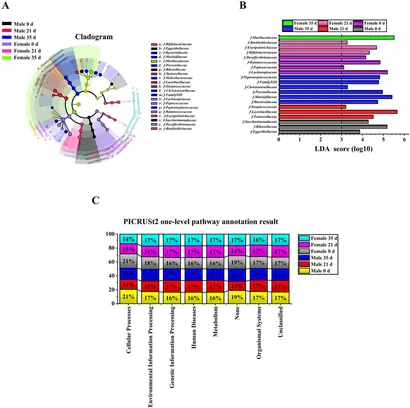
June 20, 2025 In this study, chronic restraint stressmouse models were used to simulate chronic stress, and behavioral tests were conducted, including the open field test, tail suspension testand forced swimming test.
A Study of Sex Differences in the Biological Pathways of Stress Regulation in Mice
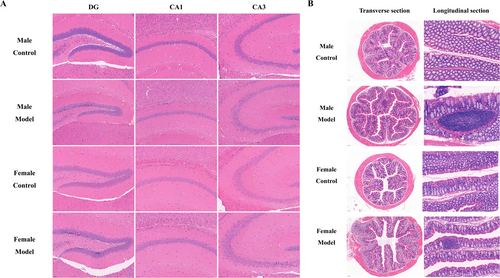
June 20, 2025 Stress is closely related to life, and it can also cause many mental disorders. However, there are significant sex differences in neuropsychiatric disorders associated with stress, particularly in depression, where th...
Gut microbiome and diet contribute to ecological niche differentiation between argali (Ovis ammon hodgsoni) and blue sheep (Pseudois nayaur) on the Qinghai-Tibet Plateau
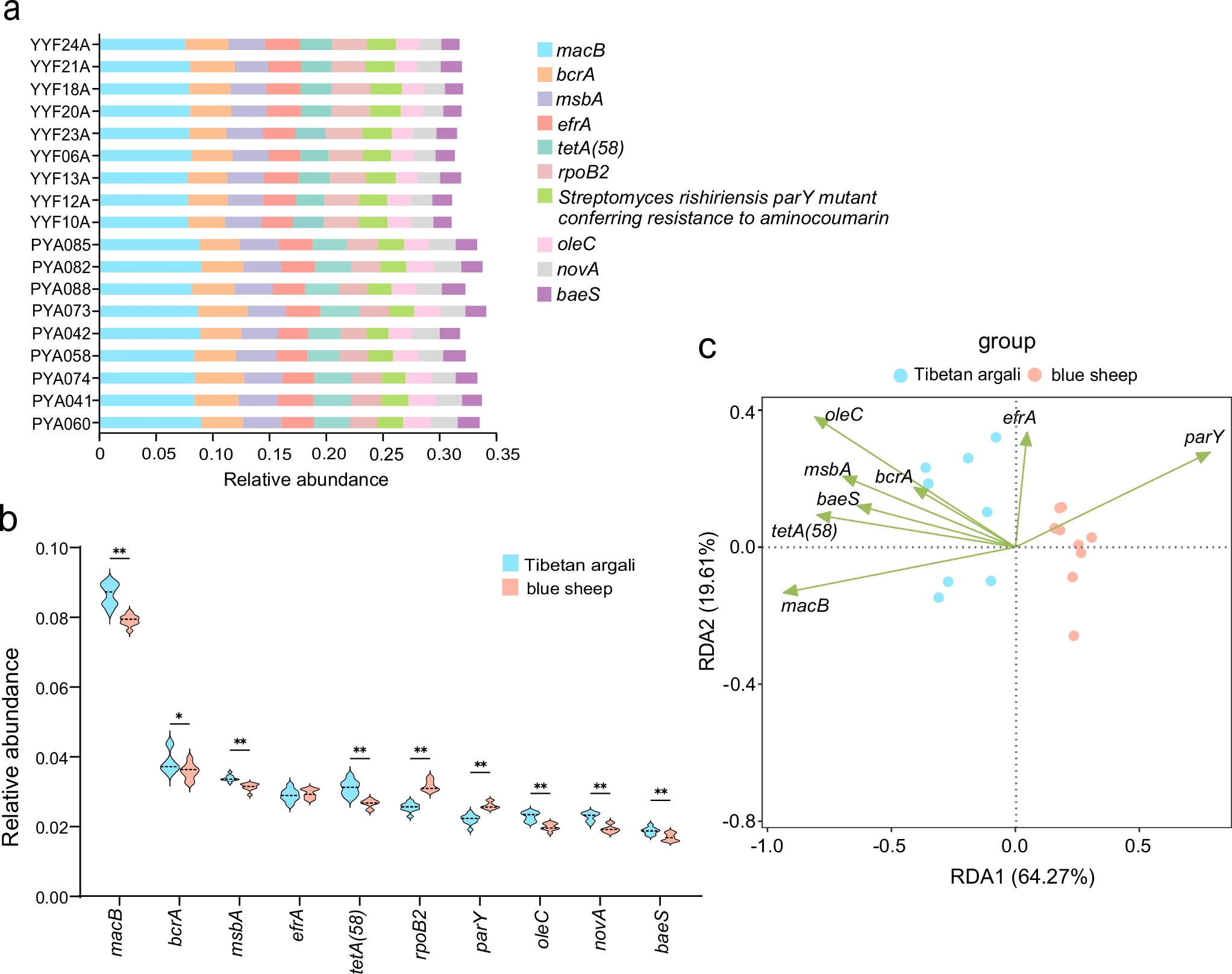
June 20, 2025 The gut microbiota plays a critical role in plant digestion, nutrient absorption, and ecological adaptation in herbivores.
Comparative macrogenomics reveal plateau adaptation of gut microbiome in cervids
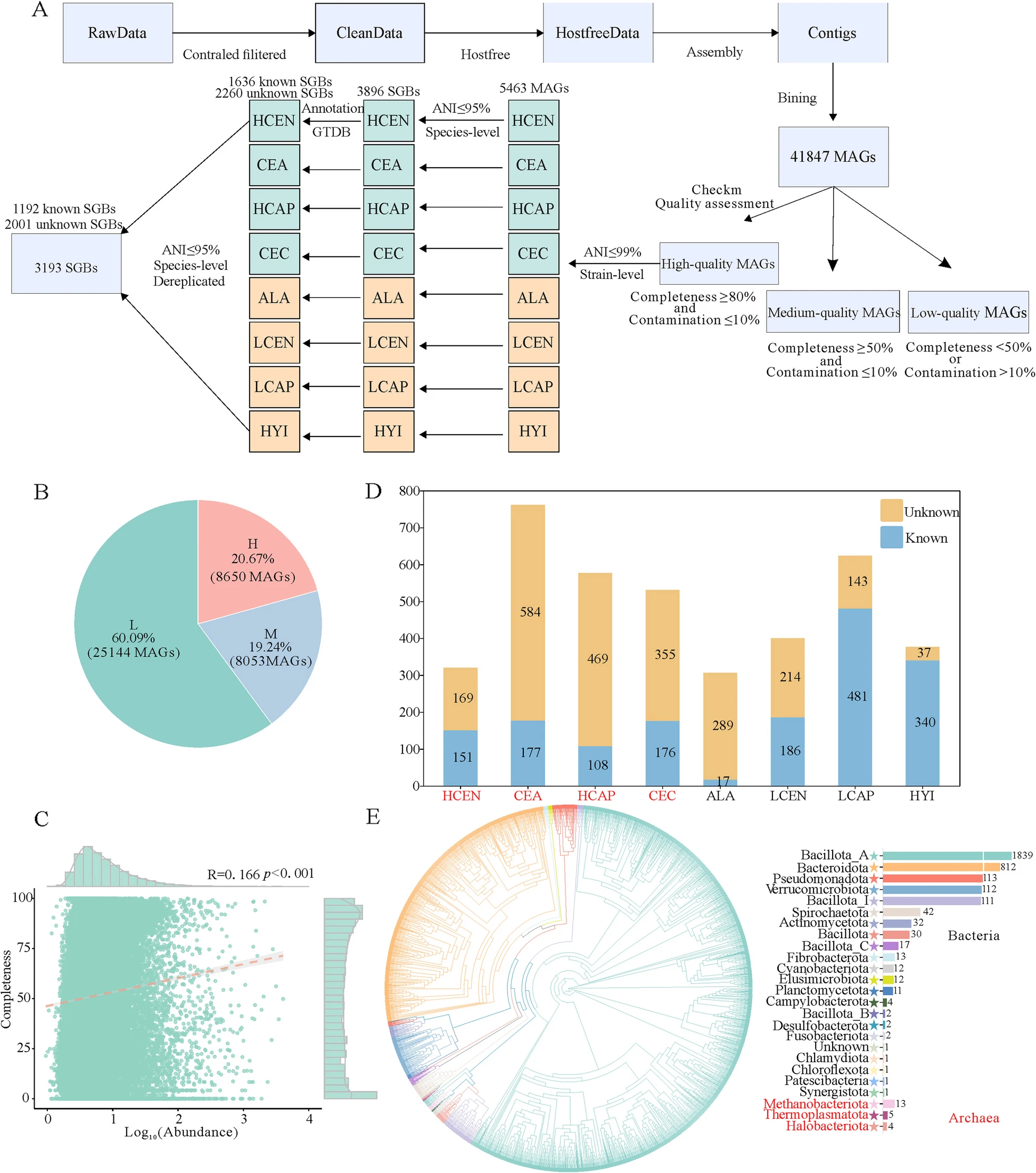
June 13, 2025 BackgroundDiverse gut microbiota in animals significantly influences host physiology, ecological adaptation, and evolution.
Soil potentially toxic elements promote carbon metabolism in alpine meadows on the Qinghai-Xizang Plateau
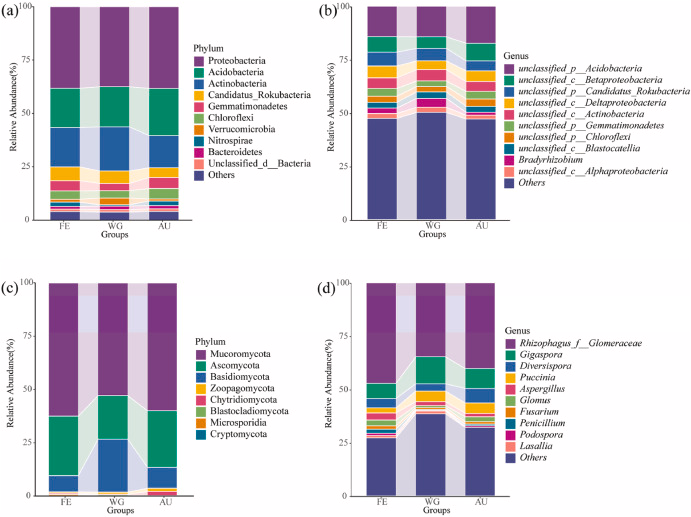
June 12, 2025 Potentially toxic elementsof soil are crucial for sustaining the equilibrium of grassland"vegetation-soil-microorganism"systems and influencing terrestrial biogeochemical cycles.
